
 The SFFaudio Podcast #529 – Jesse, Paul Weimer, and Evan Lampe talk about Typee by Herman Melville
The SFFaudio Podcast #529 – Jesse, Paul Weimer, and Evan Lampe talk about Typee by Herman Melville
Talked about on today’s show:
a peep at Polynesian life, 1846, in which the protagonist is eaten, the island itself is non-fiction, Paul’s theory, Melville wanted to talk about the non-fictional aspects, how horrible western society was treating the islanders, this is not right, his most popular book (in Melville’s life), drawn from life, no one liked his imaginative stuff, the introduction, it proved to be popular on board ship, doth he protest too much?, the appendix, what the French are doing, what’s going to happen?, Evan’s first three podcasts episodes, his time amongst the cannibals, improved style (not improved microphone), writing scripts, 200 episodes, starting with the Lovecraftian element, the South Seas as a place where the Deep Ones made a deal, Dagon, biographies of Melville, lifestyle, wealthy families in decline, Edgar Allan Poe, a genetic East Coast elite white guys, a history of whaling, a literary genetic connection, Chapter 21, one day in returning…, Stonehenge, the druids, peculiar construction, so profound is the shade, he doesn’t believe the natives built these constructions, divine origins, an extinct and forgotten race, musing at the pyramid of Cheops, built upon massive stone foundations, the burying grounds, the race has deteriorated, habitual indolence, incontestable marks of great age, under the direction of Monu, dedicated to the immortal wooden idols, are there stone foundations all over the Marquesas?, this is a book about labour, Pierre and Confidence Man, Herman Melville Wants You To Quit Your Job, Bartleby, The Scrivener, one of the last places colonized by humans, a metaphor?, The Time Machine by H.G. Wells, the white Sphinx is a symbol for us, it baffles us, deep time, a post scarcity society, Hawaii, ravaged by colonialism, breadfruit, the mom, no resentment, profiting from previous generations, universal basic income, young people like tattoos!, colonial gaze, work is going on, not the work we’re used to, alien, salmon runs in the Pacific North West of North America, how much of this story is true?, only there for four weeks vs. four months, why do they want to keep Tomo?, endo vs. exo eating, cannibalism is real, the parallels between the beginning and the middle, Melville is so funny, a delight to read, the lack of food on the ship, poor Pedro the one rooster who ends up in a coffin under the Captain’s vest, all the French ships, taboo, Tomo and Toby, fleeing servitude, fleeing their tribe, deserters, why don’t they want them to flee?, no lack of food, pig and breadfruit and coconut, a long history of indigenous history taking in runaway slaves, John Jewitt, Maquinna, Nootka Sound, the Mourning Wars, Iroquois, you are now uncle Joe (who died), the same phenomenon, all the attention he gets, seen in relief, character list, bathe his body, a local celebrity, in a post scarcity environment, novelty and celebrity, social capital, I know Wayne June!, flee my tribe, all his fears of being cooked, Moby-Dick, Queequeg, selling his heads, essentially married, a delight, Fayaway, tattoos, do your face, in the tribe, becoming one of them, he can never go back, hilarious, a blank canvas, they’re not going to eat him, pantomime, the valley of the Hapars, they’ll eat you, they can’t be trusted, maybe that was Toby, an equivalent of Toby, endocannibals, preserving the spirit and the flesh, the cracker and the wine, she Jesse fear Paul, transubstantiation, concretized, perpetuated dogma, an innate sense of the value of humans, preserving your relationship to your loved ones, a beautiful thing, had the captain kept on his journey, the raft of the Medusa, what happened to the other guys?, The Island Of Doctor Moreau, the narrator ate one of the survivors of the shipwreck, cannibal sailors, Robert A. Heinlein, Stranger In A Strange Land, a sacrament, Mike broth, journeys in the Pacific, Job: A Comedy Of Justice, The Moon Is A Harsh Mistress, Chapter 26, the descriptive chapter titles, the marriage system on Nuku Hiva, popping the question, tedious courtships are unknown, a very tender age, a frolic of the affections, of graver years, as harmonious as so many turtles, supplementary husbands, no wife has less than two husbands, the matrimonial yoke, Marissa VU, 1970s, the roots of Science Fiction, a Silverberg story, a month-wife, what gender relations will be like when you get down the road from birth control, if you don’t like your husband…, a house-raising, this Garden of Eden, a fucking warship, thinking long and hard, as soon as the missionaries come, prostitution, a metaphor for transition, corrupted and twisted, the missionary gaze, the material reality of colonialism, the mosquitoes, flies, not utter heaven, it probably gets hot, a foil for European sexuality, Denis Diderot’s The Supplement For The Voyage Of Bougainville, French and Tahitan societies, women are not considered property, 1780s, those Enlightenment people, Coming of Age in Samoa by Margaret Mead, no property transfer, the slaving system, exogamy, no formal manumission, fix the guns, make the pop-guns, a novelty, an exciting item, the humans have great value in themselves, what’s really going on there, roving feet, greener grasses everywhere, Omoo, his name is Typee, taken to the court of a Polynesian princess, I’ll just be your dude, white people hanging out, behold the glorious result, Christian worship, Honolulu, draught horses, evangelizing beasts of burden, your money, you in your salons, Christianize the Pacific, not doing any good, you’re doing wrong here, the devestation of the pacific, what’s about to happen, six French warships, claim it for the Republic, Liberty, enslave and make an empire, middle 1840s, Empire’s on the books now, The White Pacific: U.S. Imperialism and Black Slavery in the South Seas After the Civil War Paperback by Gerald Horne, the sea-otter fur trade, claims to have eaten Captain Cook’s big toe, white people parties, the flavour of Captain Cook’s toe, the full barrel, a great adventurer, what a shame, fantasize about writing, Magellan killed by the Filipinos and Cook killed by the Hawaiians, Captain George Vancouver, a feat of imposture, medieval relics, the effect of this book, the heads, The Red One by Jack London, the ancient astronauts idea, New Guinea, oral cultures, flexible stories, losing the knowledge of what was known, but gaining value, Bros. Grimm, ossified or concretized, creepy pastas, taking away the sharp edges, Tangled 2, Frozen 2, Moana (2016), for kids, if you’re interested in the frontier, how do the women get anywhere, an arbitrary tabu, [Jesse was thinking of a story entitled The Victim from Space by Robert Sheckley] Robert Silverberg’s Worlds of Wonder, Science Fiction 101, the narrator’s from Earth, giant paws, second pulse of migration, The Monsters by Robert Sheckley, Don’t Forget To Kill Your Wife by Robert Silverberg, a satire of conventions, Colony by Philip K. Dick, I Trusted The Rug Completely by Robert Silverberg, the Pacific is the vastness of space, an alien culture, as alien as anything we’ve ever seen (that’s sentient), first contact, Beyond Lies The Wub, Martian go-birds, the consequences of eating wub, rocket ships and technology, the ideas that are being explored, The Bones Of Time by Kathleen Ann Goonan, the vastness of time and space, King Kamehameha, this nice tourist place, The Brady Bunch goes to Hawaii, a cursed idol, Uncle Tom’s Planet, one thing we know about science fiction writers (they were readers at one time), James P. Crow by Philip K. Dick, dealing with the past in their own stories, as close to Philip K. Dick as you can find, a pretty weird guy, how many stages the rocket has, just a guy who likes writing and likes ideas, not as obsessed with boobs, the sociology of what’s going on in a culture, Bring Me The Head Of Prince Charming, Roger Zelazny, Human Man’s Burden, The Native Problem, distant seas of talking, one of Evan’s favourite passages, climate change, China, Taiwan, not having a job is a humiliating state, make peace with consumption, a lot of moralism, anxiety about consumption, have fewer people, abolish the suburbs, Chapter 31, the girls again, dressing their fair and abundant locks, bathing five times a day, coconut oil, hair gel, the wages of living in this kind of world, not even a podcast even, or writing a book, or writing music, what will we do when we don’t have work?, the Puritan work-ethic, the Green New Deal, people need a job, people need meaningful work, a lot of nail salons, pet stores, pet waxing, no bookstores, a little puppy time, what kids want to do, some girls just don’t go outside, a local dude who wanted to look really fair, Galaxy Science Fiction, April 1957, restless blue-grey seas, a secret desire to be dead, a woman who loves truly and well, I’m through wasting my time, the sin against her father, the most precious thing a woman can give a man (a painful death), the ethos you’ve stepped into, long-pig (human meat), a Warner Bros. cartoon, the volcano god, Strange Eden by Philip K. Dick, Circe, transforming men into animals, why pigs?, the point of that story, other animals mentioned, lions, big cats, wolves, Brent is served meat and bread, is Circe turning men into pigs so she could eat them?, tastes like pork, Silverlock by John Myers Myers, what would have happened to Odysseus?, a fox, trickster, working out his own ideas, such a weird story, a fantasy with a science fiction setting, Piper In The Woods by Philip K. Dick, it could never work as an Electric Dreams episode, Evan is obsessed with work, maybe its a very Melville story, indigenous person, something very appealing about this, that colonial gaze, academic-y terms, Orientalism by Edward W. Said, witches, forming covens, In Thessaly by Clark Ashton Smith, The Golden Ass, transformation into animals, from the 2nd Century, inset tales, Scheherazade, Chaucer, story with the story, Borges, we’re lucky to live in such times, Evan needs to escape work, guaranteed basic income, too hung up on work, rich people bore Evan, Evan’s students resist it, sailor in a land full of Typees, in Marseilles the men are just sitting around drinking coffee all day, the labour movement, 8 hours for work, 8 hours for rest, 8 hours for what we will, working three jobs, she’s not bragging, the fundamental disconnect, industry, economy, hard work, saving, the more moral meaning, these have to be abolished, a cultural revolution, back in China, picking on the Buddhist monks, post scarcity communism, the clock and the time discipline, knights fighting snails, The Myth of the Machine by Lewis Mumford.
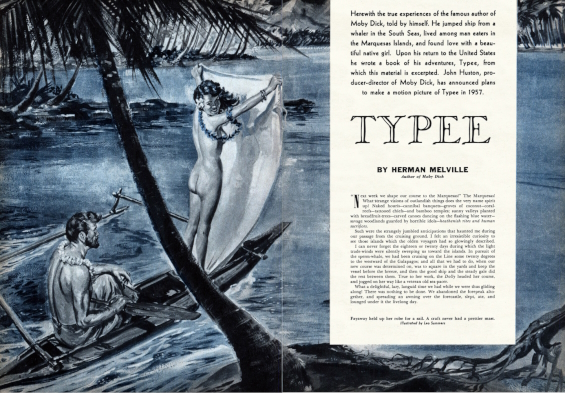
Posted by Jesse Willis




















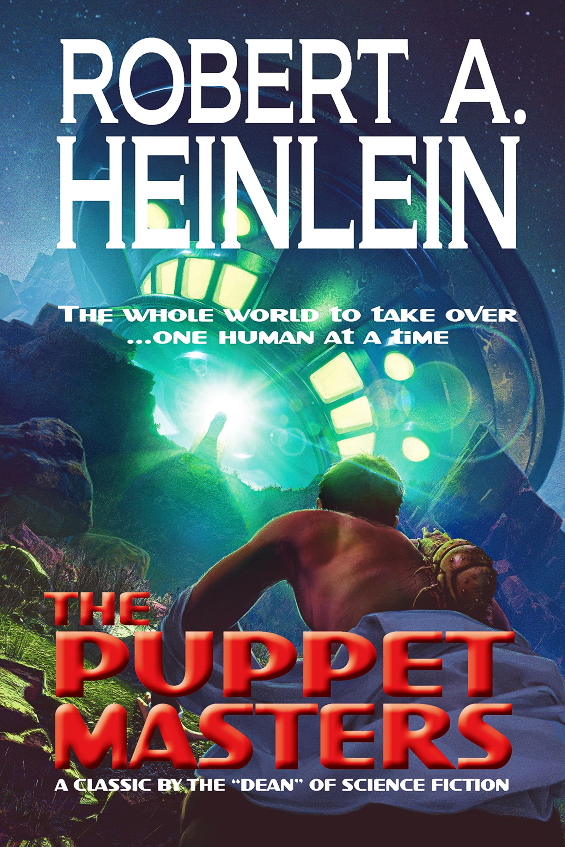
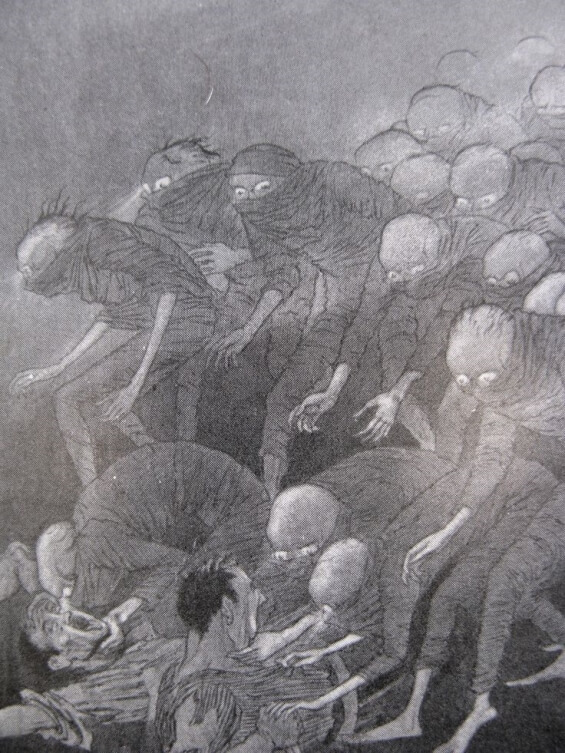
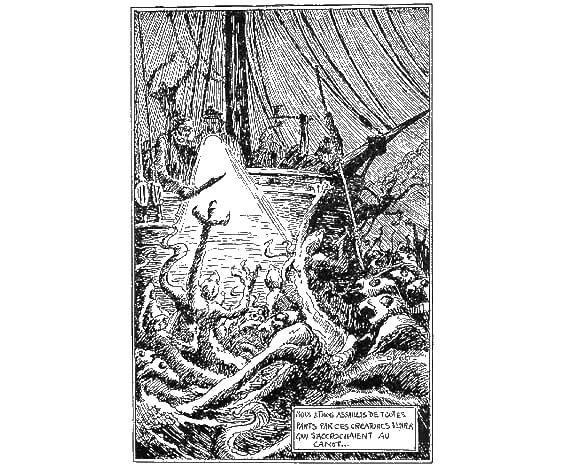
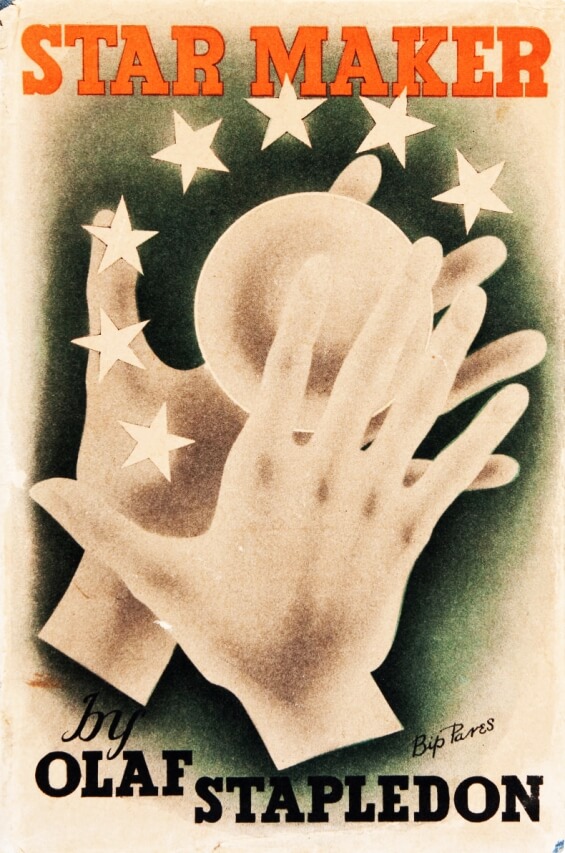
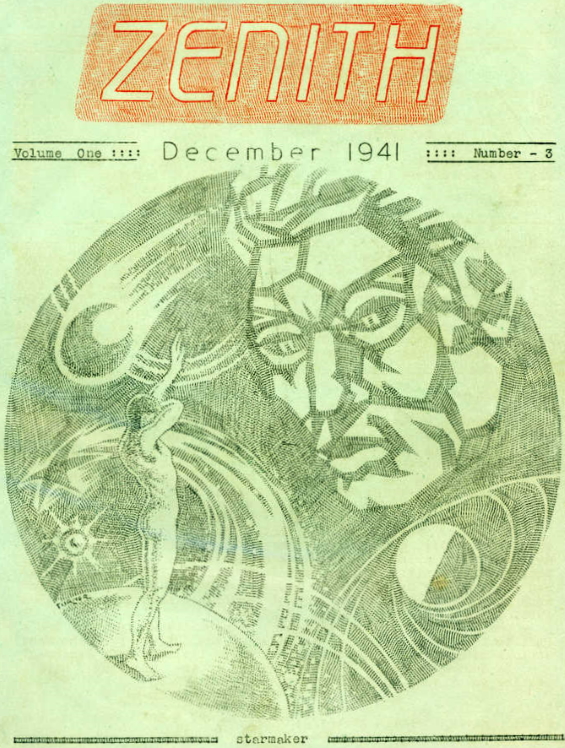
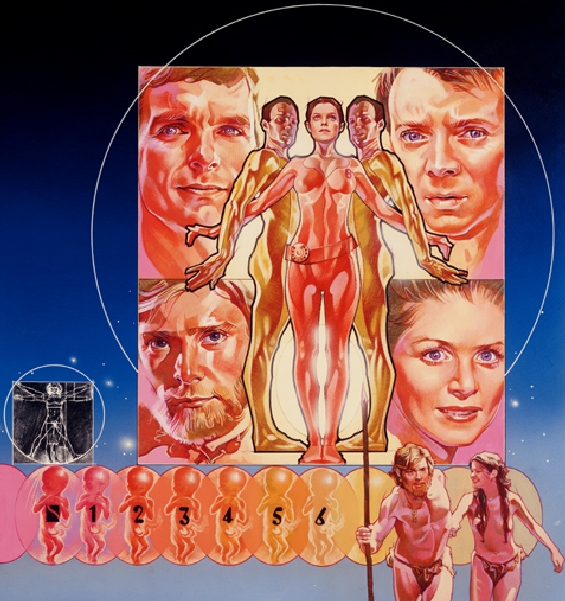


 Arguably: Essays
Arguably: Essays